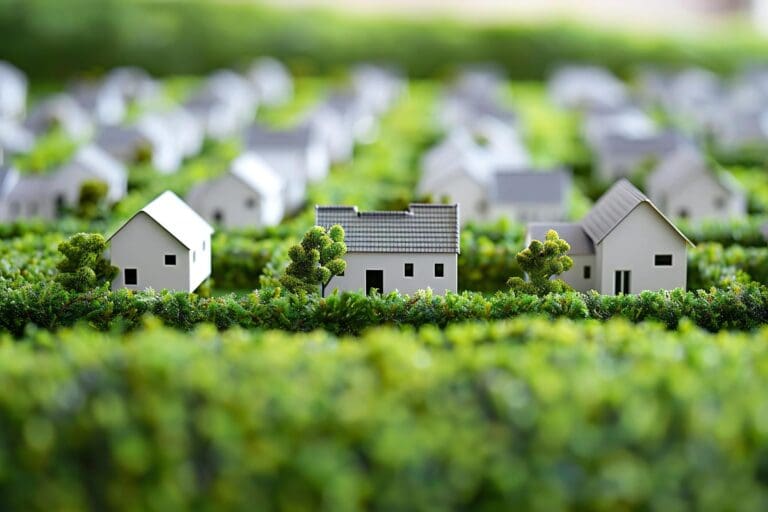Reclaiming Sexual Health: Natural Ways to Manage Erectile Dysfunction
Erectile dysfunction (ED) isn’t merely a physical challenge — it’s closely intertwined with your overall health, emotional well-being, and lifestyle choices. While medications like Viagra and Cialis offer quick relief, they often do not address the underlying causes that contribute to ED. Fortunately, many men have achieved lasting improvements by making natural, sustainable changes to their diet, activity levels, sleep habits, and mental health.
This guide explores scientifically backed lifestyle strategies to help you regain confidence and sexual performance without relying solely on pharmaceutical solutions.

What Is Erectile Dysfunction?
Erectile dysfunction is medically defined as the consistent inability to achieve or maintain an erection firm enough for sexual intercourse. While occasional difficulties are normal, persistent ED often signals imbalances in key systems — including cardiovascular health, hormone levels, nerve function, or psychological state.
Common Causes of ED
- Cardiovascular disease and high blood pressure: Both restrict blood flow, essential for erections.
- Type 2 diabetes and insulin resistance: Damage nerves and blood vessels over time.
- Obesity and physical inactivity: Increase risk factors for ED and lower testosterone.
- Low testosterone: Affects libido and erection quality.
- Anxiety, depression, or relationship stress: Psychological contributors that interfere with sexual arousal.
- Poor diet and substance use: Harm vascular health and hormone balance.
Understanding these causes is the first step toward choosing holistic approaches that can restore function rather than mask symptoms.
1. Improve Circulation with Heart-Healthy Foods
An erection depends on strong, unobstructed blood flow to the penis. The same blood vessels that supply your heart and brain are crucial here. If these vessels are clogged or inflamed, erectile function suffers.
Foods That Support Vascular and Sexual Health
- Leafy greens like spinach and kale: High in nitrates, which the body converts into nitric oxide to relax and widen blood vessels.
- Fatty fish such as salmon and mackerel: Rich in omega-3 fatty acids that reduce inflammation and improve circulation.
- Nuts and seeds, especially walnuts and flaxseeds: Provide nutrients like L-arginine and magnesium, supporting nitric oxide production and testosterone.
- Berries: Loaded with antioxidants that protect blood vessels from damage.
- Dark chocolate (in moderation): Contains flavonoids that increase nitric oxide and enhance blood flow.
Conversely, avoid processed foods, excessive sugars, and trans fats that promote inflammation and vascular damage. A Mediterranean-style diet rich in whole foods consistently supports both heart and sexual health.
2. Get Active: Exercise as Natural ED Therapy
Physical activity is one of the most powerful tools against erectile dysfunction. Exercise improves multiple bodily systems crucial for healthy sexual function.
Benefits of Regular Exercise
- Increases blood flow: Stronger heart and vessels mean better circulation to the penis.
- Enhances heart health: Directly lowers ED risk.
- Reduces stress and anxiety: Physical activity releases mood-boosting endorphins.
- Maintains healthy weight: Prevents obesity-related hormone imbalances.
- Boosts natural testosterone levels: Especially through resistance training.
Recommended Activities
- Brisk walking for at least 30 minutes daily
- Strength training 2–3 times per week to build muscle
- Kegel exercises to strengthen pelvic floor muscles, improving erection control
- Yoga or Pilates for flexibility and stress reduction
A Harvard study revealed men who exercised regularly had a 30% lower incidence of ED compared to sedentary peers.
3. Optimize Hormones Naturally
Testosterone plays a vital role in sexual desire and performance. Low levels are a common but often overlooked factor in ED.
Natural Ways to Support Healthy Testosterone
- Prioritize 7 to 9 hours of quality sleep nightly
- Eat sufficient healthy fats found in olive oil, avocados, and eggs
- Reduce abdominal fat, which negatively affects hormone balance
- Manage chronic stress through mindfulness or therapy
- Supplement with vitamin D and zinc if deficient (after medical advice)
- Avoid excessive alcohol and exposure to endocrine disruptors like BPA from plastics
Lifestyle improvements can restore hormone levels without immediate need for medical intervention.
4. Quit Smoking and Limit Alcohol
Smoking directly damages the endothelium—the lining of blood vessels—impairing nitric oxide production critical for erections. Similarly, excessive alcohol depresses the nervous system and lowers testosterone.
Practical Steps
- Use nicotine replacement therapies or herbal substitutes to quit smoking
- Limit alcohol to 1–2 drinks per day maximum
- Seek support through counseling or apps for habit tracking
Reducing these habits improves not only sexual health but overall cardiovascular and lung function.
5. Sleep: The Overlooked Sex Health Superpower
Sleep is crucial for hormonal regulation and vascular repair. Chronic sleep deprivation lowers testosterone, raises stress hormones, and impairs blood vessel function—all contributing to ED.
Tips to Improve Sleep Hygiene
- Maintain a consistent bedtime and wake time daily
- Avoid screens and blue light at least one hour before sleep
- Keep your bedroom dark, quiet, and cool
- Avoid heavy meals or caffeine late at night
Men who sleep less than five hours nightly show significantly reduced testosterone levels, underscoring sleep’s importance for sexual health.
6. Manage Stress and Mental Health
Emotional well-being is as important as physical health in sexual function. Anxiety, depression, and relationship tensions can cause or worsen ED.
Effective Mental Health Strategies
- Practice mindfulness meditation for 10–15 minutes daily
- Consider cognitive behavioral therapy (CBT) for anxiety and performance issues
- Foster open communication with your partner to reduce pressure
- Engage in social activities and hobbies to improve mood
Research published in Psychology & Health found that reducing stress alone led to significant improvements in erectile function among men under 50.
7. Maintain a Healthy Weight
Excess body fat, especially around the abdomen, disrupts hormone balance and impairs blood flow.
Weight Management Tips
- Eat more fiber-rich foods and lean proteins to support satiety and metabolism
- Practice portion control and avoid sugary drinks and fast food
- Incorporate regular physical activity, including walking after meals
- Monitor progress weekly to stay motivated
Even a 10% reduction in body weight can greatly improve erectile function in overweight men.
8. Build a Supportive Relationship
Sexual function thrives on emotional connection. Open communication and mutual support with your partner can reduce performance anxiety and improve intimacy.
Relationship Tips
- Schedule time for non-sexual affection, such as hugging or massage
- Experiment with different types of intimacy beyond intercourse
- Consider couples therapy if ED causes tension or resentment
Building emotional closeness often improves both partners’ satisfaction and confidence.
When to Consult a Healthcare Professional
While lifestyle changes are effective for many, persistent ED may indicate more serious health conditions such as cardiovascular disease, diabetes, low testosterone, or prostate issues.
Consult a specialist if:
- ED lasts more than three months
- You experience pain, fatigue, or abnormal ejaculation
- You notice symptoms of hormonal imbalance such as fatigue or mood swings
Healthcare providers can perform diagnostic tests and develop personalized treatment plans, combining medical and lifestyle approaches.
Conclusion
Erectile dysfunction does not have to define your life or relationships. Through thoughtful, consistent improvements in how you eat, move, sleep, and manage stress, you can regain sexual vitality naturally. The body responds well to care — small, sustainable changes lead to lasting results. Remember, you’re not alone, and ED is both treatable and manageable.








